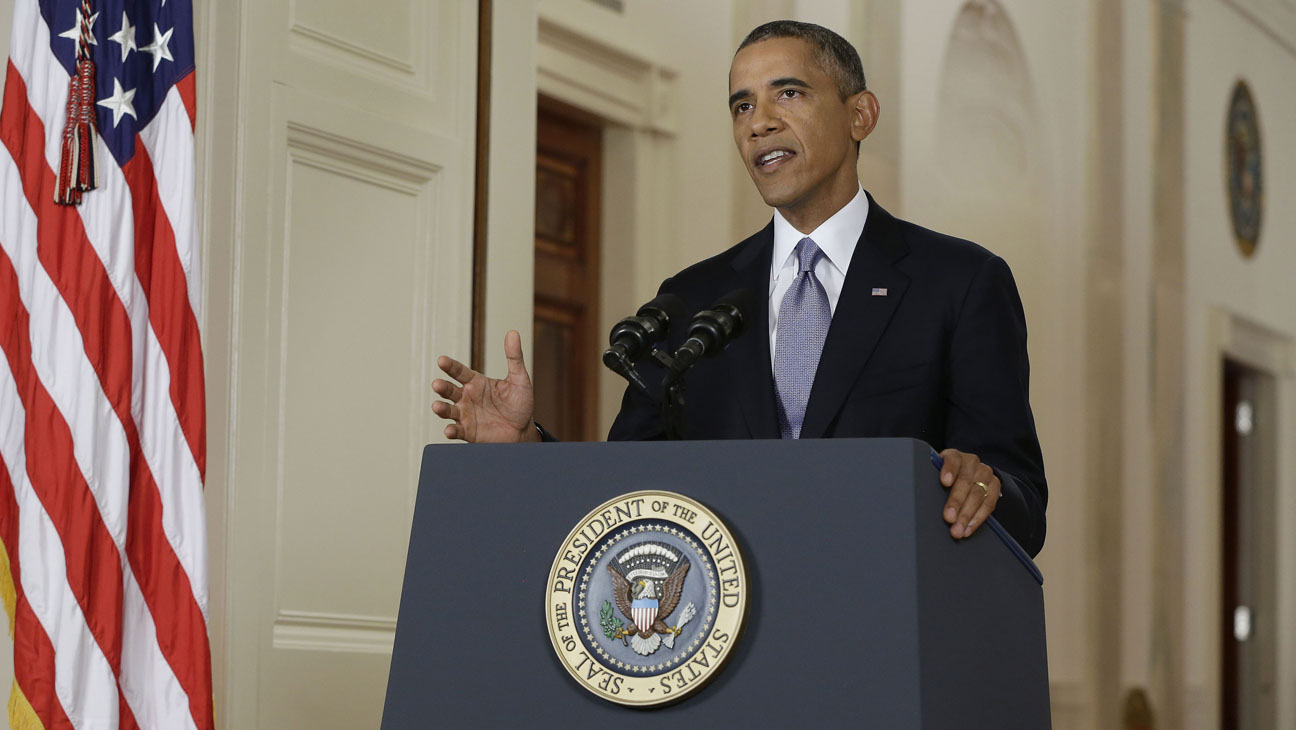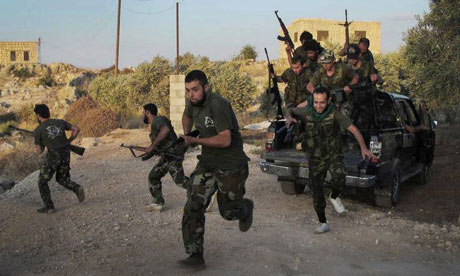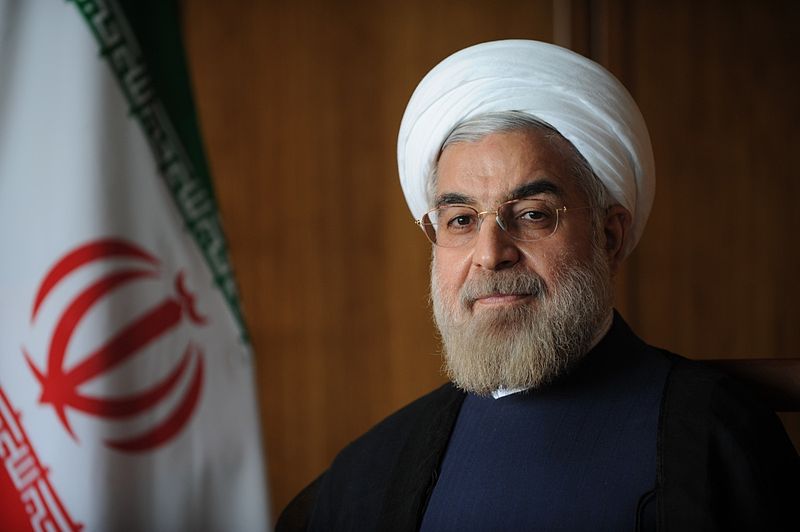The Boys Who Cried Wolf: How Bush and Blair Stonewalled Obama and Cameron
President George Bush and Prime Minister Tony Blair ruined it. Thanks to their predecessors’ politics of fear and lies, the current US and British governments have been met with skepticism in the face of campaigns to garner popular support and a domestic mandate for military intervention in Syria. Citizens do not simply trust governments anymore – the fact that governments lie has been proven too many times in recent history. UK involvement was shot down last week when parliament voted down a government motion for a military response to the alleged chemical attacks, 285 votes to 272. Juan Cole put it plainly: the case against Syria “involves murky allegations of weapons of mass destruction used by an Arab regime, and a unilateral Anglo-American shock and awe aerial attack.” The similarity to Iraq is enough to make the average citizen wary of intervention. The problem is that the US and the UK are not and did not effectively convince their citizenry that Assad is culpable of the chemical weapons attack.
[captionpix align=”left” theme=”elegant” width=”300″ imgsrc=”http://natoassociation.ca/wp-content/uploads/2013/09/Blair-and-Bush.jpg” captiontext=”Citizens do not simply trust governments anymore”]
So far, the evidence of Assad’s use of chemical weapons is being kept largely classified by the US. The White House document detailing that the Syrian regime perpetrated the attack is all the citizenry has to base its decision on. The problem for Obama is that the document does nothing but reinforce uncertainty of the Administration’s claims.
Let us analyze the rhetoric contained within the document. The opening paragraph claims with “high confidence” that the Syrian government is responsible for the attack. It goes on to say that the assessments are based on “human, signals and geospatial intelligence as well as a significant body of open source reporting” and that, “though shared with “the US Congress and key international partners”, all “classified assessments” cannot be publicly released “to protect sources and methods”. First, what is ‘signal’ intelligence to the common reader? Further, to someone already skeptical about US intelligence with Iraq weighing on his or her mind, this opening paragraph is doing everything to make him or her suspicious of the information that follows.
In the next section titled ‘Background’ they (the United States Government) assess that it is “highly unlikely” that the opposition carried out the attack, citing various intelligence sources and “the differences between the capabilities of the regime and the opposition.” Proof of the regime’s culpability is that it has “the types of munitions we [the US Government] assess were used to carry out the attack…and has the ability to strike simultaneously in multiple locations.” With unfounded authority, the document states that “we assess that the opposition has not used chemical weapons.” Though there is compelling evidence that the regime was culpable, thanks to work by the UN and Human Rights Watch, the document does not make use of these compelling sources to support its claims. It goes on to list that the regime’s potential motivation for the attacks is the struggle it was experiencing in efforts to take over the Damascus suburbs from opposition forces who were “using the area as a base to stage attacks against regime targets in the capital…we assess that the regime’s frustration with its inability to secure large portions of Damascus may have contributed to its decision to use chemical weapons”. For the reader still uncertain of the regime’s culpability in the attack, this passage does little to convince him or her otherwise.
[captionpix align=”right” theme=”elegant” width=”300″ imgsrc=”http://natoassociation.ca/wp-content/uploads/2013/09/index.jpg” captiontext=”Evidence of Assad’s use of chemical weapons is being kept classified”]
The next section titled ‘Preparation’ continues the trend of vagueness: “We have intelligence…that Syrian chemical weapons personnel…were preparing chemical munitions prior to the attack.” Further, “our intelligence sources in the Damascus area did not detect any indications in the days prior to the attack that opposition affiliates were planning to use chemical weapons.”
The final section, ‘The Attack’, uses the same language: “multiple streams of intelligence…we have a body of information…we have intelligence”. This is not the language of a government certain of its information, and not the language that will convince readers. In sum, the language used indicates uncertainty, and the lack of hard evidence provided simply corroborates that uncertainty in the mind of the reader of this press release.
This document has done little in the campaign to convince the citizens of the US that Assad is culpable and that a military response is required and justified. Though it isn’t technically the US citizenry he needs to convince – Congress will be the one giving him a mandate to intervene – Obama is going to have difficulty convincing a group of elected officials to back something their constituents do not support. If Obama wants widespread public backing for a strike (which he needs, for if anything were to go wrong the political consequences of a unilateral, unsupported attack would be monumental), he is going to need to release something much more convincing than this. With Assad recently agreeing to cede control of his chemical weapons arsenals to the international community, the grounds upon which Obama is basing the need for intervention in this White House press release become even shakier still.




